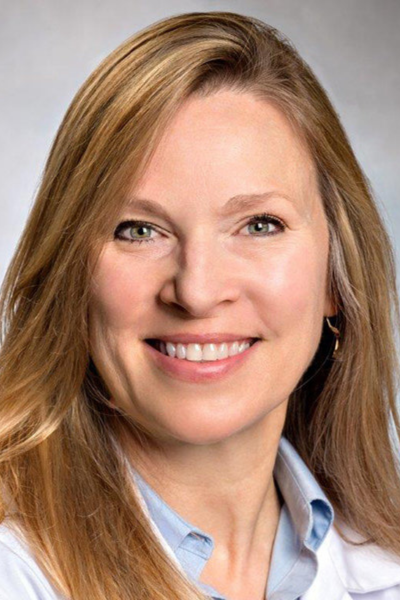Valerie Dobiesz, MD, MPH
Brigham and Women's Hospital
Biography
Dr. Dobiesz is an associate professor and emergency physician at Brigham and Women’s Hospital (BWH) and core faculty at the Harvard Humanitarian Initiative (HHI). Dr. Dobiesz transitioned from the University of Illinois College of Medicine at Chicago to Harvard Medical School, and has dedicated her career to medical student, resident, and faculty education as well as the advancement of women in academic medicine. Her roles included Assistant Dean of Residency Preparedness, Emergency Medicine Simulation and Medical Education Fellowship Director, Director of Education for the Center of Global Health, Associate Program Director for Emergency Medicine. Her teaching efforts were recognized by the American College of Emergency Physicians’ National Teaching Award.
Dr. Dobiesz has presented over 200 national and 100 international invited lectures on emergency medicine, medical education and simulation, global health, women’s health, and wilderness and expedition medicine. She has co-edited a book on pediatric emergency medicine and co-authored over 60 book chapters and 40 peer reviewed publications. Dr. Dobiesz’s research focus is on improving care for maternal health and obstetrical emergencies. She is the principal inventor and is actively testing an obstetrical medical device designed by a multidisciplinary team to auto transfuse women suffering life threatening postpartum hemorrhage in low resource settings. She is also working to improve emergency obstetrical care provided by emergency physicians by standardizing training and enhancing continuing medical education activities. She recently served as the President of the Academy for Women in Academic Emergency Medicine (AWAEM) and leads research on the persistent gender inequities in the promotion and advancement of women and URiM in academic emergency medicine. Dr. Dobiesz currently she serves as the Director of the Frontline Indigenous Partners (FLIP) Program at BWH and HHI. The goals of this program are to improve Native American health through educational, clinical, and administrative partnerships. In this capacity she collaborates with tribal leaders developing multiple pathway programs for Indigenous youth to pursue healthcare careers to mitigate the current paucity of Native American healthcare providers and address persistent health disparities and health inequities.

